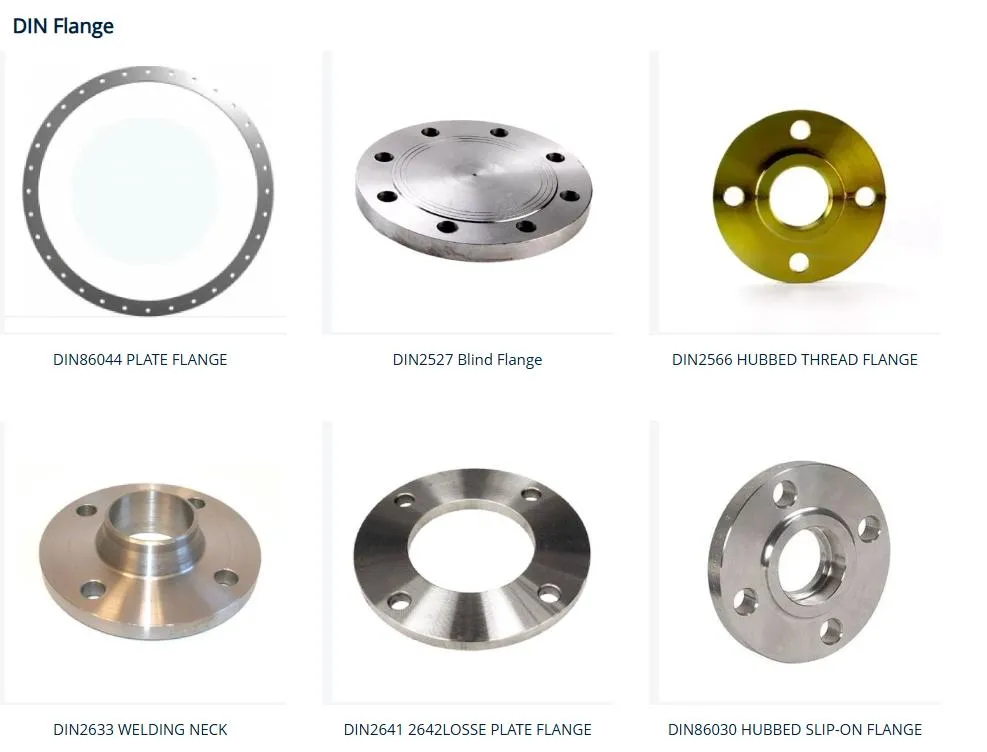-
Cangzhou Yulong Steel Co., Ltd.
-
Phone:
+86 13303177267 -
Email:
admin@ylsteelfittings.com
- English
- Arabic
- Italian
- Spanish
- Portuguese
- German
- kazakh
- Persian
- Greek
- French
- Russian
- Polish
- Thai
- Indonesian
- Vietnamese
- Zulu
- Korean
- Uzbek
- Hindi
- Serbian
- Malay
- Ukrainian
- Gujarati
- Haitian Creole
- hausa
- hawaiian
- Hebrew
- Miao
- Hungarian
- Icelandic
- igbo
- irish
- Japanese
- Javanese
- Kannada
- Khmer
- Rwandese
- Afrikaans
- Albanian
- Amharic
- Armenian
- Azerbaijani
- Basque
- Belarusian
- Bengali
- Bosnian
- Bulgarian
- Catalan
- Cebuano
- China
- China (Taiwan)
- Corsican
- Croatian
- Czech
- Danish
- Esperanto
- Estonian
- Finnish
- Frisian
- Galician
- Georgian
- Kurdish
- Kyrgyz
- Lao
- Latin
- Latvian
- Lithuanian
- Luxembourgish
- Macedonian
- Malgashi
- Malayalam
- Maltese
- Maori
- Marathi
- Mongolian
- Myanmar
- Nepali
- Norwegian
- Norwegian
- Occitan
- Pashto
- Dutch
- Punjabi
- Romanian
- Samoan
- Scottish Gaelic
- Sesotho
- Shona
- Sindhi
- Sinhala
- Slovak
- Slovenian
- Somali
- Sundanese
- Swahili
- Swedish
- Tagalog
- Tajik
- Tamil
- Tatar
- Telugu
- Turkish
- Turkmen
- Urdu
- Uighur
- Welsh
- Bantu
- Yiddish
- Yoruba

Sep . 09, 2024 15:20 Back to list
Understanding DIN Flanges: Types, Sizes, and Applications
When it comes to piping systems, the DIN flange stands out as a reliable choice, known for its precision and versatility. Originating from the German Institute for Standardization (DIN), these flanges are designed to meet stringent European standards, making them a preferred option in various industries. In this article, we'll delve into the different DIN flange types, explore DIN flange dimensions, and highlight the advantages of using DIN flange over other flange standards.
 Types of DIN Flanges: Tailored for Every Application
Types of DIN Flanges: Tailored for Every Application
DIN flange types are numerous, each designed to cater to specific applications and industries. The most common types include the DIN 2576 slip-on flange, DIN 2633 weld neck flange, DIN 2502 blind flange, and DIN 2642 socket weld flange. Each type offers unique features that make it suitable for different pressure ratings and environments.
For instance, the DIN 2633 weld neck flange is ideal for high-pressure applications, ensuring a secure and leak-proof connection in critical systems. On the other hand, the DIN 2576 slip-on flange is easier to install and is often used in low-pressure environments. The variety of DIN flange types ensures that there's a perfect flange for every need, whether it’s for oil and gas, chemical processing, or water treatment industries.
DIN Flange Dimensions: Precision and Compatibility
One of the key strengths of DIN flanges lies in their standardized dimensions, which ensure compatibility across a wide range of equipment and piping systems. DIN flange dimensions are meticulously defined to match specific pipe sizes and pressure classes, making it easier to achieve a precise fit and reliable seal.
The dimensions of a DIN flange include the outer diameter, bolt circle diameter, and the thickness of the flange, among others. These measurements are consistent across all DIN flange types, allowing for easy replacement and integration into existing systems. The standardization of DIN flange dimensions also facilitates international trade and ensures that components from different manufacturers can be used interchangeably.
Advantages of DIN Flanges: Why Choose DIN Over Other Standards?
When compared to other flange standards, DIN flanges offer several distinct advantages. First and foremost is their widespread acceptance in European and international markets, making them a go-to choice for projects that require adherence to European standards.
Additionally, DIN flanges are known for their durability and high-quality construction, which ensures long-lasting performance even in harsh environments. The standardized DIN flange dimensions also simplify the installation process, reducing the risk of errors and ensuring a secure fit.
Another significant advantage of DIN flanges is their versatility. With a wide range of DIN flange types available, they can be used in everything from low-pressure water systems to high-pressure chemical processing plants. This flexibility makes DIN flanges a practical choice for engineers and project managers looking for reliable and efficient piping solutions.
Choosing the Right DIN Flange for Your Project
Selecting the appropriate DIN flange for your project involves considering the specific requirements of your application, such as pressure ratings, temperature ranges, and the type of fluid or gas being transported. By understanding the various DIN flange types and their corresponding dimensions, you can make an informed decision that ensures the safety, efficiency, and longevity of your piping system.
Whether you’re working on a new installation or upgrading an existing system, DIN flanges offer the reliability and performance needed to meet the demands of modern industrial applications. With their precise dimensions, robust construction, and wide range of options, DIN flanges are the ideal choice for any project requiring high-quality, standardized piping components.
Latest news
-
ANSI 150P SS304 SO FLANGE
NewsFeb.14,2025
-
ASTM A333GR6 STEEL PIPE
NewsJan.20,2025
-
ANSI B16.5 WELDING NECK FLANGE
NewsJan.15,2026
-
ANSI B16.5 SLIP-ON FLANGE
NewsApr.19,2024
-
SABS 1123 FLANGE
NewsJan.15,2025
-
DIN86044 PLATE FLANGE
NewsApr.19,2024
-
DIN2527 BLIND FLANGE
NewsApr.12,2024
-
JIS B2311 Butt-Welding Fittings LR/SR 45°/90° /180°Seamless/Weld
NewsApr.23,2024











